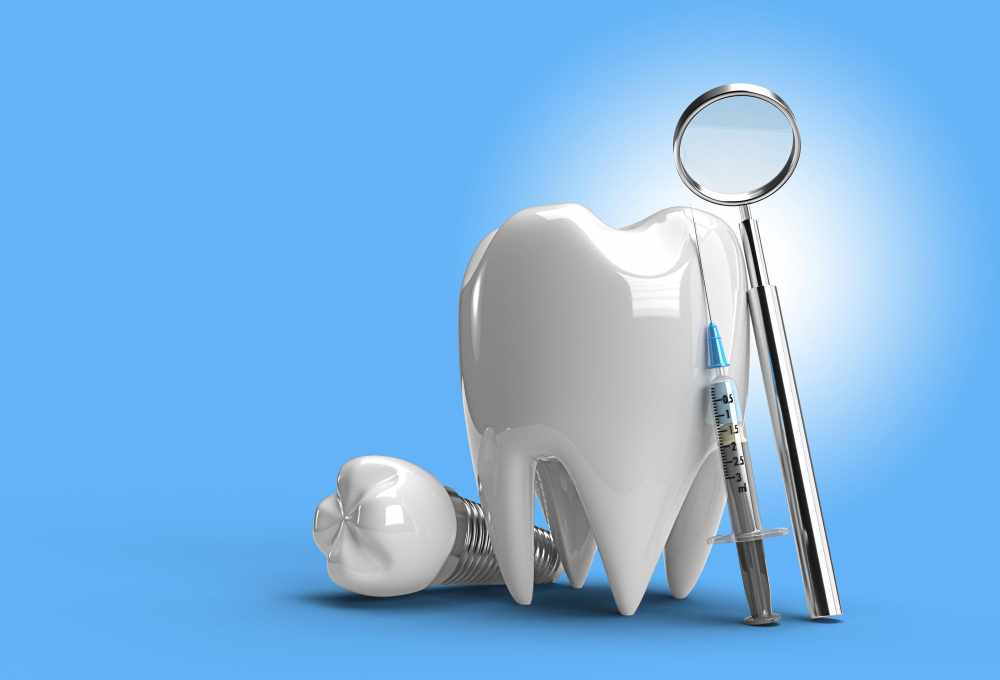
Our teeth are incredibly strong and serve many vital functions beyond just chewing food. They play a crucial role in our speech, facial structure, and overall appearance. Understanding the basics of what makes up your teeth and how to care for them is the first step towards a healthy, lifelong smile.
Here are key aspects to understand about your teeth:
Anatomy of a Tooth:
Enamel: This is the outermost, visible layer of your tooth. It's the hardest substance in your body, protecting the inner layers from damage and decay.
Dentin: Located beneath the enamel, dentin is a yellowish, bone-like material. It contains microscopic tubules that lead to the pulp, and when exposed, can cause sensitivity.
Pulp: The innermost part of the tooth, the pulp contains nerves, blood vessels, and connective tissue. It's responsible for the tooth's vitality and sensation.
Cementum: This layer covers the tooth root and helps to anchor the tooth to the jawbone.
Root: The part of the tooth embedded in the jawbone, providing stability.
Types of Teeth and Their Functions:
Incisors (Front Teeth): Sharp, chisel-shaped teeth for biting and cutting food.
Canines (Pointy Teeth): Located next to incisors, they are strong and pointed, used for tearing food.
Premolars (Bicuspids): Situated behind canines, they have flat surfaces for crushing and grinding food.
Molars (Back Teeth): The largest teeth with broad, flat surfaces, ideal for grinding and chewing food thoroughly before swallowing.
Common Dental Problems:
Cavities (Dental Caries): Caused by bacteria producing acids that erode tooth enamel.
Gum Disease (Gingivitis & Periodontitis): Inflammation or infection of the gums, ranging from mild bleeding to severe bone loss around teeth.
Tooth Sensitivity: Often triggered by hot, cold, sweet, or acidic foods when enamel is worn down or gums recede.
Bad Breath (Halitosis): Can be caused by food particles, bacteria, or underlying dental issues.
Maintaining Healthy Teeth:
Brush Twice Daily: Use fluoride toothpaste and a soft-bristled brush to clean all tooth surfaces and gums.
Floss Daily: Flossing removes food particles and plaque from between teeth where a toothbrush can't reach.
Limit Sugary Foods and Drinks: Sugar feeds harmful bacteria that cause cavities.
Eat a Balanced Diet: Nutrients from fruits, vegetables, and whole grains support overall oral health.
Regular Dental Check-ups: Visit your dentist for routine examinations and professional cleanings, typically every six months. These visits allow early detection and prevention of problems.
Understanding your teeth and committing to a consistent oral hygiene routine are key to a lasting healthy smile. For comprehensive dental care, from preventive measures to addressing specific concerns, consider consulting a professional at a reputable Dental Clinic Dwarka. They can provide personalized advice and treatment to keep your teeth strong and healthy.





Write a comment ...